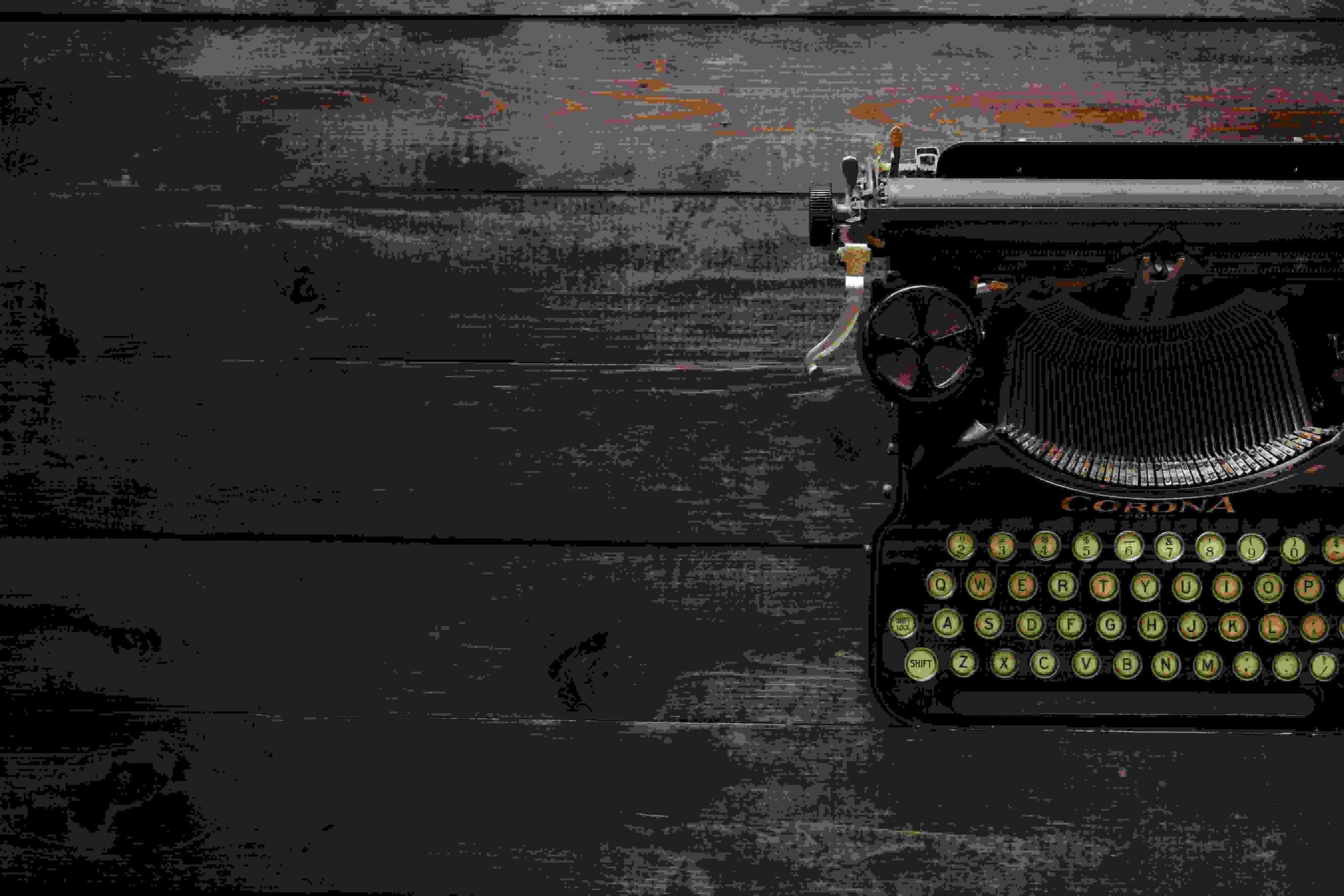“We are very hesitant to admit any mistake on behalf of the company so we will use lots of big and unnecessary words and language to acknowledge we know we messed up but we’ve been told by our lawyers, we can’t say sorry.”
How many times have you seen similar wording on social when brands are attempting to apologise for a mistake? Our natural instinct is to retreat behind the corporate statement, without thinking about how will this resonate with the audience. (And the company lawyer has advised you not to say sorry as you will be seen to admit guilt.) During a crisis, it is vital that the social broadcast messages portray that companies are taking responsibility for the situation and show empathy with those affected.
When experiencing a crisis, take the press statement or key messaging and give it to your social team so it can socialise this content, ie: change the words to make it more human and sound genuine and applicable for social. Your press statement will be applicable to the media, but tends to be longer, uses different language, with more facts and figures. On social, it is about bite-sized, easily digestible content.
Here are some common phrases used by brands when apologising on social, instead of using plain English to convey the message;
- We understand that – sorry
- We deeply regret this incident happened – sorry
- We take seriously our responsibility – We are serious about our responsibility
- We have reached out – contacted/talked to
Some rules when writing your social broadcast crisis statement:
- Be short and concise – there is no need for description words or detail
- Keep it clear and simple – do not mix up too many messages into one post.
- No jargon or acronyms – use everyday language your audience can relate to
- Try to contain the message in one tweet – with the volume of tweets during a crisis, your tweet should be understood within 280 characters, without having to read multiple tweets
Here’s a great tip when writing your social crisis responses that we use when running our crisis simulations. Read it out loud to a colleague and ask them to put themselves in the shoes of the victims. Does that social statement sound human, genuine and authentic? Would you feel comforted or consoled , and believe the company was doing everything it could to resolve the situation? If not, then rewrite it using everyday language.
During a crisis, the right communication is vital (not paramount that’s far too corporate sounding) to contain and manage the situation. Practise rewriting your social statements to see if they are suitable for social. Writing in plain language will help to convey your messaging during a crisis.






Leave a Reply